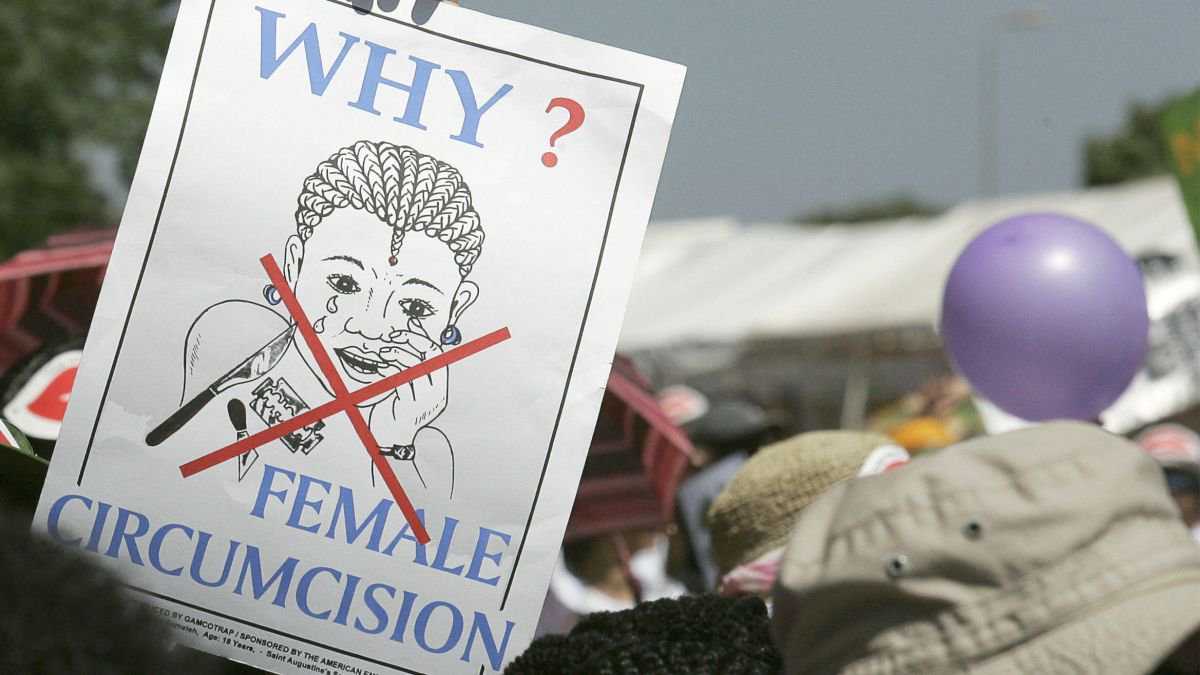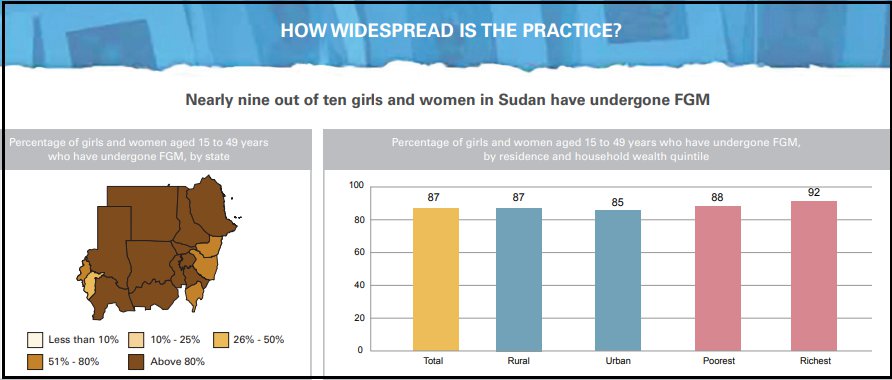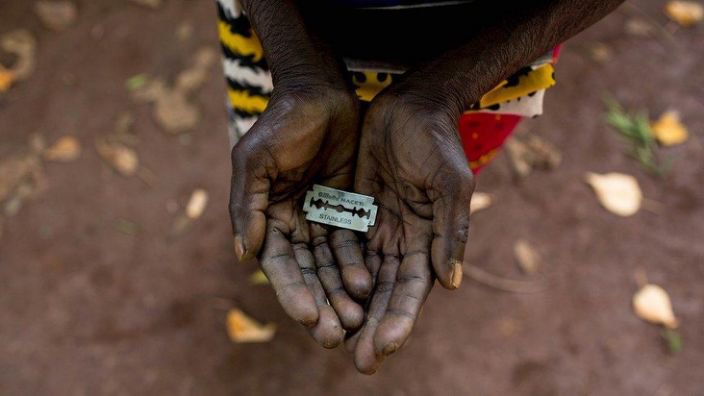In a significant move for women’s rights in Sudan, female genital mutilation (FGM) has now been declared a criminal offense, with perpetrators facing up to three years in jail if found guilty.
Though legislation against FGM was first introduced in 1946, it is only now, after years of campaigning against the practice, that it has been outlawed.

According to a UNICEF report, 87% aged 15 to 49 years have undergone FGM in Sudan. FGM is the intentional mutilation of female genitals, including but not restricted to the inner labia, outer labia, and in some cases, the clitoris.

A highly painful procedure that leads to life-long problems for the women, including infections, pain during sexual intercourse, and reproductory issues, FGM is usually administered on girls between the ages of 5 to 14.
It is such a widespread practice, that reportedly, nine out of ten girls and women in Sudan have undergone FGM.

According to the Guardian, many activists believe that it may still take years before the practice is completely eradicated because FGM is considered to be a part of the Sudanese culture.
Such practices are not only harmful to women physically, but can also lead to mental trauma. And criminalizing it is definitely a step in the right direction.

















